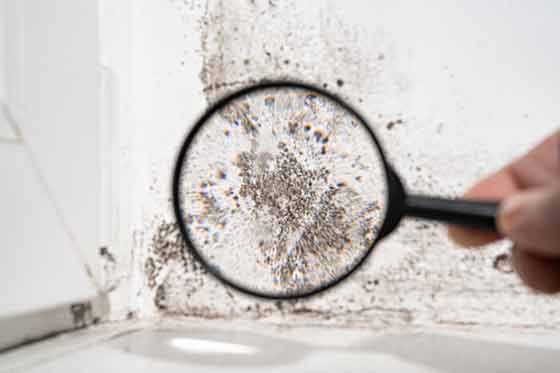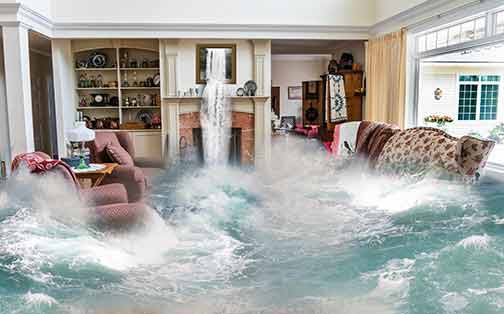Coming home to a flooded basement can be a terrifying experience. It can also be damaging to your home’s foundation and structure and dangerous if it’s been around for a while. Knowing what to do in case of flood quickly, will save you a lot of time and money. Here’s a step-by-step guide for a homeowner going through the difficult process of baseline flooding.
Step One: Safety First
The very first thing to do in case of a flooded basement is to assess the safety conditions in the room. If the water has reached an unsafe level, it’s best to seek professional help. Additionally, since most basements contain electrical panels and items that may become damaged by exposure to water, it’s pivotal to turn off the power to the area. To do this, locate the main breaker switch and turn it off. Then, call a professional plumber to check that everything is alright and/or advise you on how to proceed.
Step Two: Document and Report the Damage
Flooding of any degree can be extremely damaging to a home. Before attempting any restoration, it’s important to document the damage and get help. Take pictures of the area, any flooding equipment, and the affected items. It’s best to write down details about the water damage (date, cause, extent, etc.) before filing any kind of claim. For best results, hire a professional flood damage attorney as soon as possible to ensure that all the claims are in order and filed properly.
Step Three: Entry and Removal of Standing Water
Once you’ve ensured your safety, the next step is to start cleaning out the water. You’ll need to enter the room to begin the basement water extraction process. When doing so, it’s important to wear protective clothing, gloves, and any other safety equipment you deem necessary. Depending on the severity of the flood you may need to use some additional entry point – such as hiring a pump truck service to get the excess water out.

The drying and mold prevention process is an important step
Step Four: Begin Drying and Mold Prevention
The last and most important step after assessing the safety of your basement is to begin the drying and mold prevention process. This step is vital for protecting the structural integrity of your home and preventing the growth of mold. To start, open windows and doors where possible to allow air circulation, purchase some dehumidifiers to reduce humidity, and use fans to help speed the drying process. You’ll also want to use over-the-counter mold prevention products and check your basement regularly.
Summing It Up
Flooding can be a devastating experience for a homeowner. Although it can be a long and difficult process, following these four steps can help you tackle the problem quickly and efficiently. From assessing the safety of your basement to documenting and reporting the damage to entry and removal of standing water to drying and mold prevention, it’s important to take quick action in order to prevent further damage. With the right tools and precautions, you can restore your basement’s structural integrity and safety. Learn from your any mistakes and make sure you have the proper flood control system installed in your home for the next time a heavy rain hits.
